Arthena Caston on fighting for an accurate diagnosis, and living joyfully despite it.
Rates of Alzheimer’s disease are around 14 percent higher among Black Americans, and the symptoms are often dismissed or misdiagnosed. Being Patient spoke with Arthena Caston about her early onset Alzheimer’s diagnosis at age 51, her efforts to raise awareness about the disease in the African American community and her tips on “living joyfully” with the disease.
The Alzheimer’s Stigma in the African American Community
Being Patient: As an African American woman, what is the discussion like in the community about the disease, diagnosis, things like that?
Arthena Caston: Being an African American with this disease, as with any other disease, your medical history is always going to be a little different. Mine was even a little more different because I’m so young. So I feel like what I need to do is get out and tell people about it.
I want to tell as many people as I possibly can, so that if they start noticing little things they’ll know what to do. One afternoon I was trying to make some spaghetti, and I’ve made spaghetti for forever, and suddenly I couldn’t remember the ingredients. Little things like that tell you that something is wrong, and if you notice that something is wrong you should go to the doctor and have yourself checked out.
But with the African American community, I find myself trying to tell them to go have themselves checked and the first thing they say is, “Well, why should I?” because Alzheimer’s disease carries a large stigma anyway, so people are already ashamed. So when you try to tell them that they have an issue, the first thing they tell you is, “Well, I’m just going to live my life the way it is.”
We have this thing in our community, and it’s always been like this, where what is done in the house stays in the house. We’re ashamed, we don’t want people to look at us a different way, and not only is the person ashamed but a lot of times the caregiver is ashamed also. So when you have that problem, it doesn’t work well to get something accomplished. It just doesn’t.
Being Patient: How did you deal with that stigma within your own family?
Arthena Caston: That’s a hard question to answer. I think that people in the community that I came from knew and saw that my dad and his brothers and sisters all had this, and they probably that that’s really weird. That’s probably what they thought. But it wasn’t really an issue with me until it affected me, until it happened to me. And when it happened to me and I first found out, I didn’t want anyone to know.
I’ll be the first to say that I didn’t want anybody to know, I just kind of wanted to keep it a secret. And then I talked to my baby daughter one day, and she just said, “Mom, why are you being like that? Everyone is going to know eventually anyway.” And so I think it went on for about six months, and I just thought, why? Why do I need to be ashamed? I have a loving mom, I have sisters and brothers that all hold me really close, they check on me every day, they really are there for me.
So it’s not a problem with my immediate family, and I have great friends, so we’re all handling it really good. I think for a minute there they probably thought, “I can’t believe this is happening, not to Arthena.” But now we know that it is happening, and so we just have to love each other and do the best that we can for it.
Being Patient: Talk to me a bit about the prevalence of the disease in the African American community, do we know why rates are higher?
Arthena Caston: When I spoke with my doctor about it, he said that he thought that we had it because of our diet and the foods we eat, and that a lot has to do with not taking time to exercise and things like that. But we’re not sure. If we knew the answer to that question, we’d all be rich.
So I don’t know why it affects us more, but I know that a lot of the reason it continues with us is that when it happens to us, we don’t take the time to jump into the situation right then and see what we can start doing for ourselves. That might not be true, but that’s what I think.
Living Joyfully with Alzheimer’s
Being Patient: How are you coping with the Alzheimer’s diagnosis? It doesn’t seem like all doom and gloom in your eyes.
Arthena Caston: I think about it like this. I can be really really sad and just lay down in my bed every day and be all woe is me. But why? Why be like that? It’s not going to change it. It is what it is. I have the diagnosis, I’m going to live with it, I’m going to enjoy what time I have. I have two daughters, a loving husband and an awesome grandson, all of whom I’m going to enjoy until the end.
I have this thing that I say every day, and I really believe it, that if I wake up in the morning and I know my name, and I know what today is, it’s going to be a great day. So, that’s what I live by.
Being Patient: What’s the message you’re trying to get out there, and what have you learned from this journey?
Arthena Caston: This journey has taught me how to be a strong person. I have to be strong not only for myself, but also sometimes I have to be strong for my family. My husband is my backbone, and he is there for me every single day, so he’s strong for me as well. I just realized that we all have to be strong because we realize that when that time comes, and we all know that that time is going to come, when that time does come we want to be able to just embrace it and say that this is what happened.
I want to reach out not just to the African American community but to everyone and say that if that happens to you, please get up and say, “Okay, I can do this. I can do this.” I know a lot of people with Alzheimer’s who have such strong personalities and are willing to move and be busy that if you passed them in the street you would never say, “Oh, that person has Alzheimer’s.” When people say to me, “You have Alzheimer’s?” I say to them, “Yes, really, I do.” And I live with it joyfully every single day.
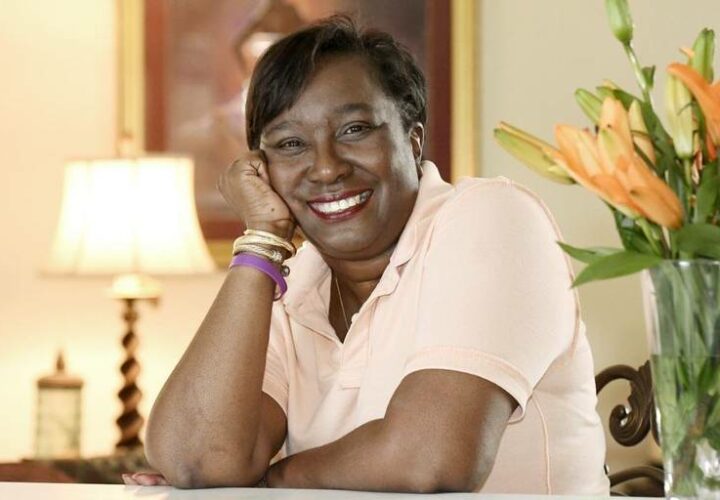
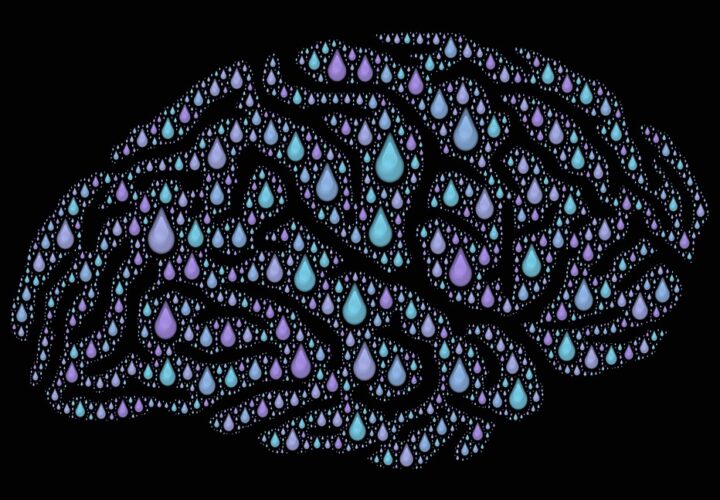
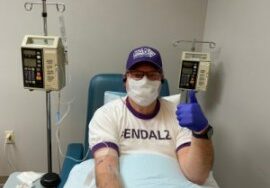
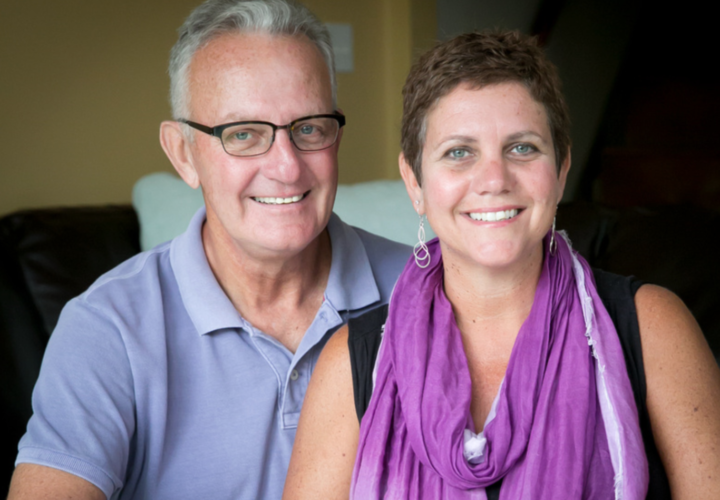
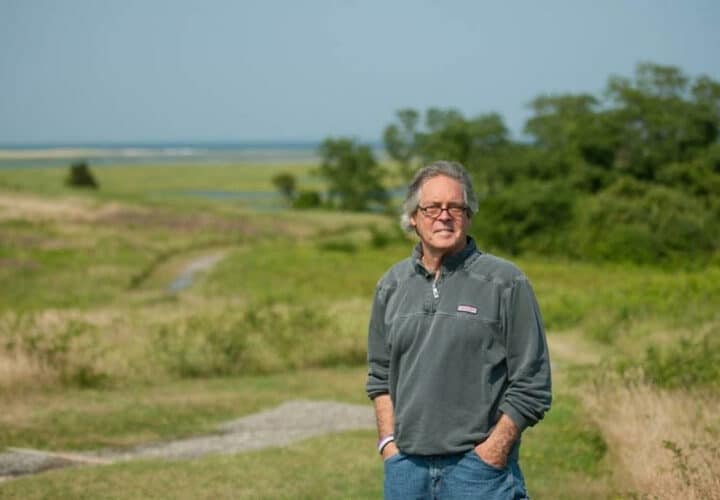
some body living with the same dementia is different thats what makes it so hard l put it another way . if two women break the same leg they would heal differently